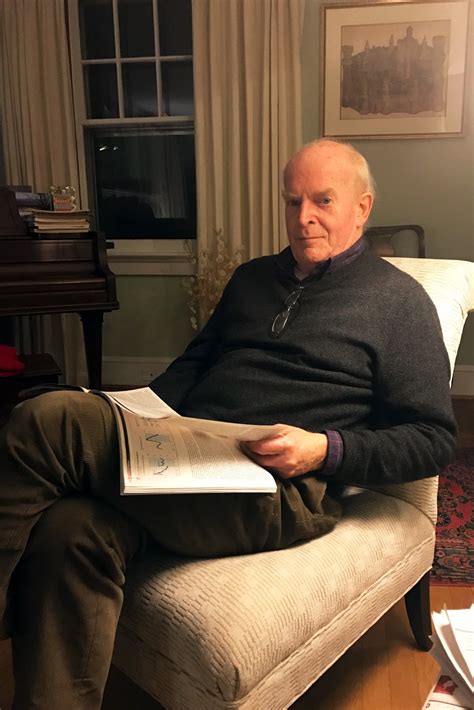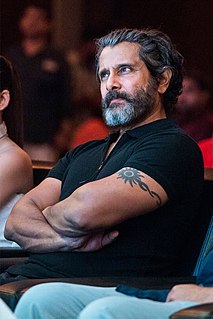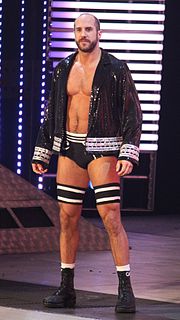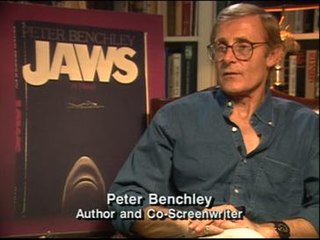A Quote by Rodney Crowell
I don't think that 'The Weight of the World' is all about politics. It's like, how the environment and how the natural topography of this planet would ever fall into a political division, debate, just leaves me confused.
Related Quotes
You've never seen me debate anybody. On anything. Ever. My investment of time, as an educator, in my judgment, is best served teaching people how to think about the world around them. Teach them how to pose a question. How to judge whether one thing is true versus another. What the laws of physics say.
Each discipline has the capacity to be interested in politics, and each would ask different questions of what politics is, what constitutes power, how power is maintained, how it circulates, how relationships are formed, how institutions are built, how they fall. Every discipline would answer those questions in different ways.
For me, what is political is very personal. Politics are not this abstract idea. Laws are the rules that dictate how we live our lives. What we eat is political. How we dress is political. Where we live is political. All of these things are influenced by political decision-making, and it's important to be part of the process.
Every time I read to her, it was like I was courting her, because sometimes, just sometimes, she would fall in love with me again, just like she had a long time ago. And that's the most wonderful feeling in the world. How many people are ever given that chance? To have someone you love fall in love with you over and over?
The world of organisms, of animals and plants, is built up of individuals. I like to think, then, of natural history as the study of life at the level of the individual-of what plants and animals do, how they react to each other and their environment, how they are organized into larger groupings like populations and communities.
The ocean is the only alien and potentially hostile environment on the planet into which we tend to venture without thinking about the animals that live there, how they behave, how they support themselves, and how they perceive us. I know of no one who would set off into the jungles of Malaysia armed only with a bathing suit, a tube of suntan cream, and a book, and yet that's precisely how we approach the oceans.
Environmental history was . . . born out of a moral purpose, with strong political commitments behind it, but also became, as it matured, a scholarly enterprise that had neither any simple, nor any single, moral or political agenda to promote. Its principal goal became one of deepening our understanding of how humans have been affected by their natural environment through time and, conversely, how they have affected that environment and with what results.




































